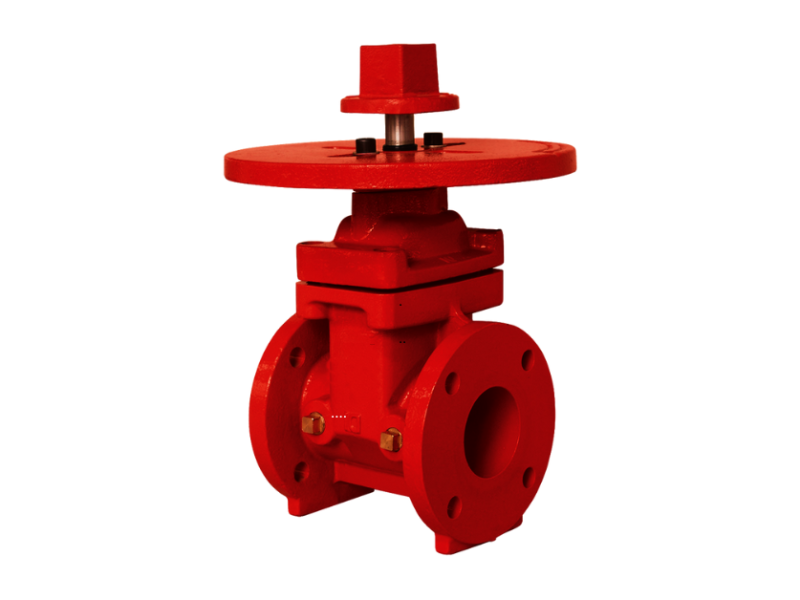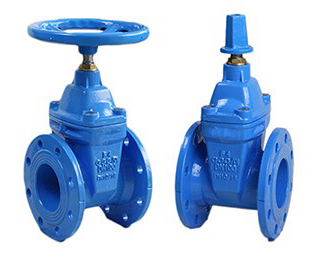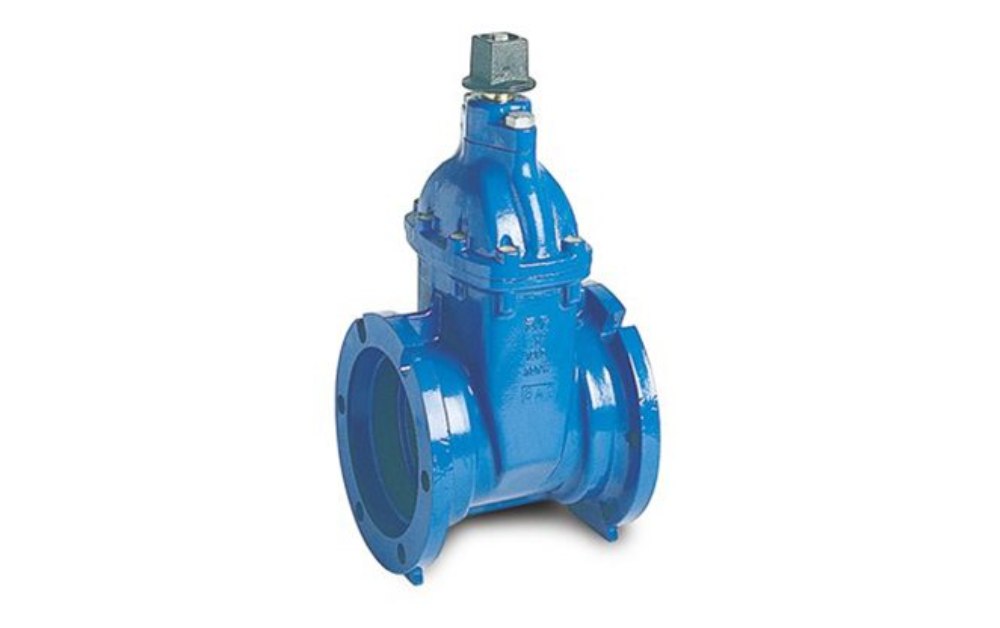
For the purposes of using any form of industrial valves including the NRS gate valve, safety should always be considered. These valves are normally applied in all those processes where precise regulation of the flow of fluids is needed. But to achieve maximum performance and safety against disasters, there are standard precautions that must be taken. Here, some safety measures to be taken when operating on a valve will be described below.
Proper Installation of the Valve
As much as the operation of a particular valve is important, there is the need to make sure that the valve is properly fitted. As with most systems and devices, improper installation can result in leakage, inefficient performance, or worse, total system breakdown. When selecting the valve, ensure that it is installed properly with the following requirements of the manufacturers.
It is necessary to be keen especially on the flow direction and position of the valve. Another thing is that the type of valve that must be used in the system has to meet the specific demands of the pressure and temperature of the system. Failure to select the proper materials can cause pressure build up or temperature related failure.
Regular Maintenance and Inspection
Regular maintenance is vital to ensure that a valve operates smoothly and safely. Inspect the valve regularly for signs of wear, corrosion, or leaks. Check the valve seat, stem, and packing for any damage or debris that could impede functionality.
Before performing any maintenance or inspections, ensure the system is depressurized and isolated from any hazardous fluids or gases. Always use proper tools and safety equipment when servicing the valve to prevent injury.
Ensure the Valve is Fully Open or Closed
These valves are designed to either fully open or fully close the flow. Operating the valve in a partially open or closed state can result in poor performance, excessive wear, or even valve failure. Always ensure the valve is fully open or fully closed when in use.
Use the valve’s actuator or handwheel to operate it with care, avoiding sudden or excessive force that could cause damage. If the valve is difficult to operate, do not force it. Instead, check for any issues such as blockages, misalignment, or corrosion.
Avoid Over-Tightening the Valve
When sealing a valve, be careful not to over-tighten it. Over-tightening can cause unnecessary stress on the valve body and the sealing elements, leading to premature wear or damage. This could result in leaks or valve failure during operation. Always refer to the manufacturer’s recommended torque settings when tightening the valve.
Use Appropriate Personal Protective Equipment
Whenever working on or near valve, make sure to wear the proper personal protective equipment (PPE). This may include gloves, safety goggles, protective clothing, and face shields, especially when dealing with high-pressure systems or hazardous materials.
If the system involves toxic or flammable fluids, ensure the valve is isolated before working on it, and always have emergency safety procedures in place.
In Conclusion
By following these safety measures, you can minimize risks and extend the life of the valve. For top-quality valves and other industrial valve solutions, Sensor Tech provides reliable and durable products tailored to meet your needs.





